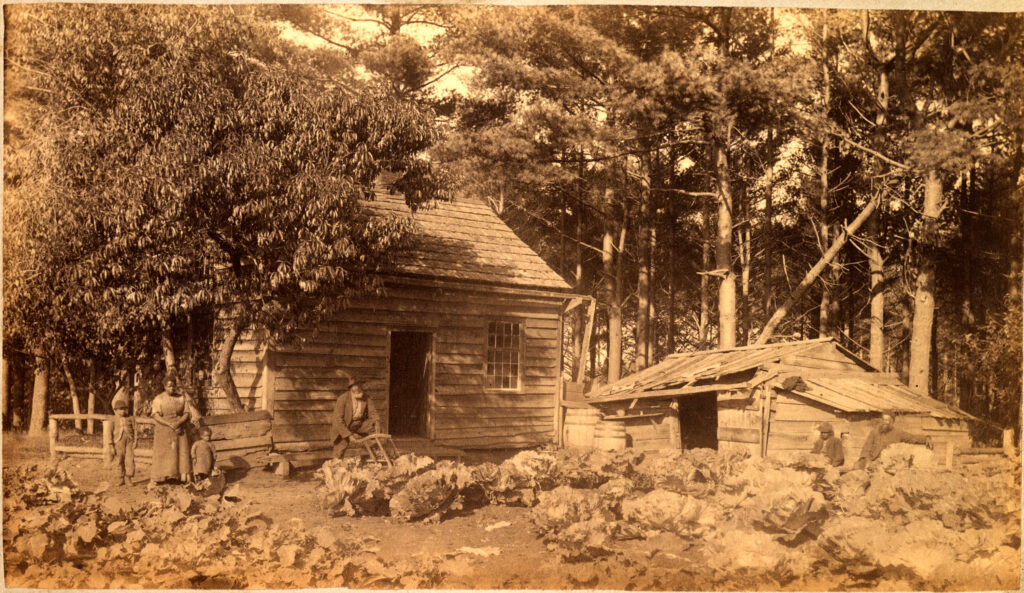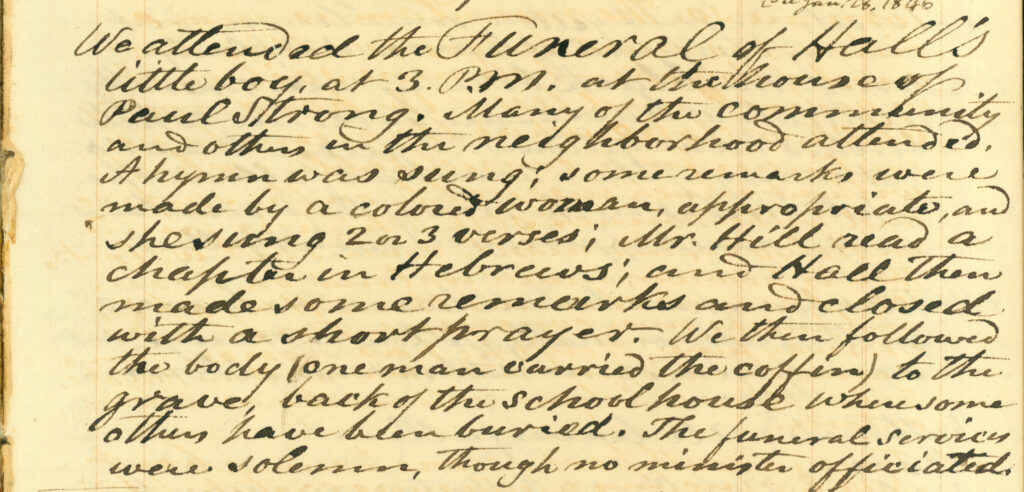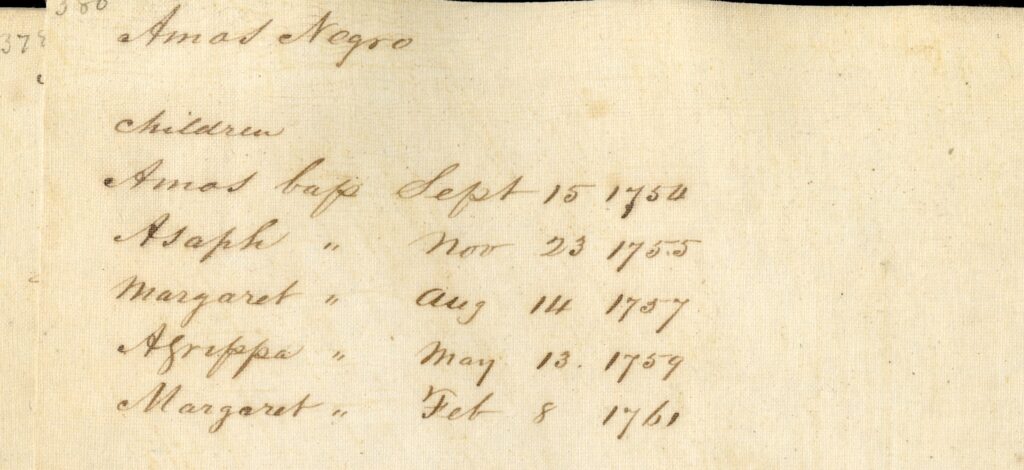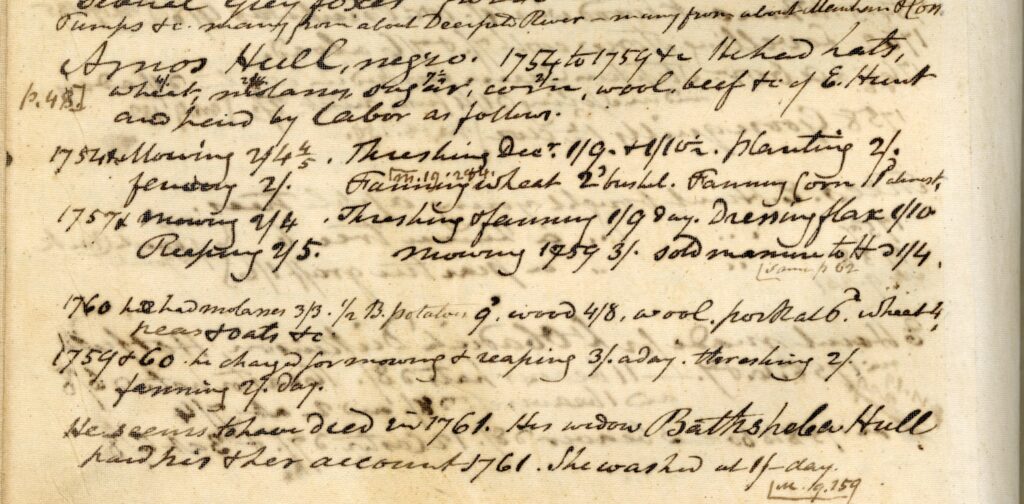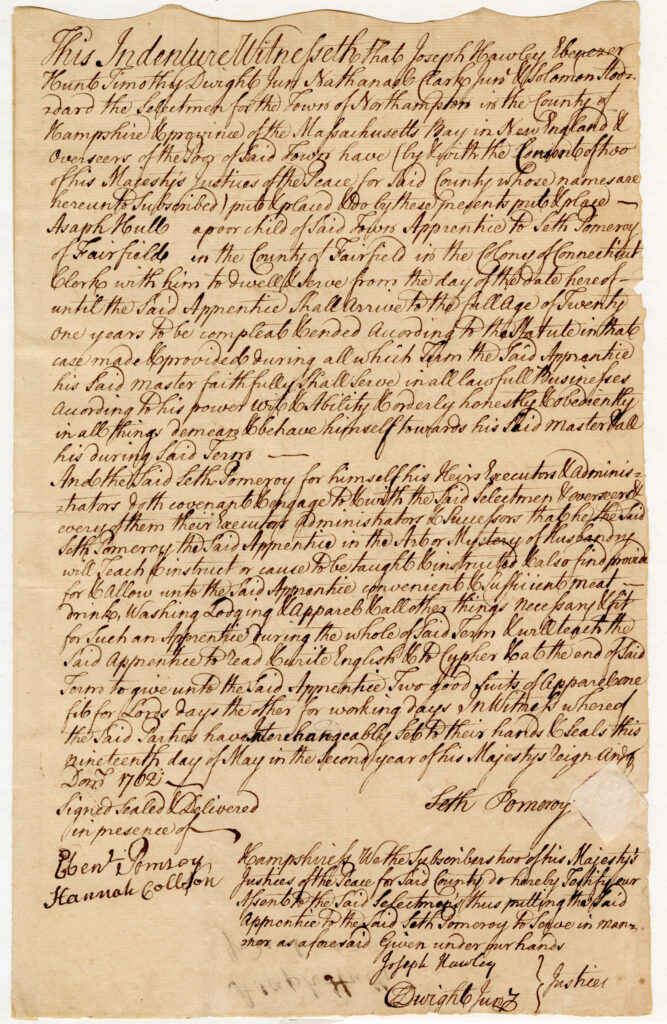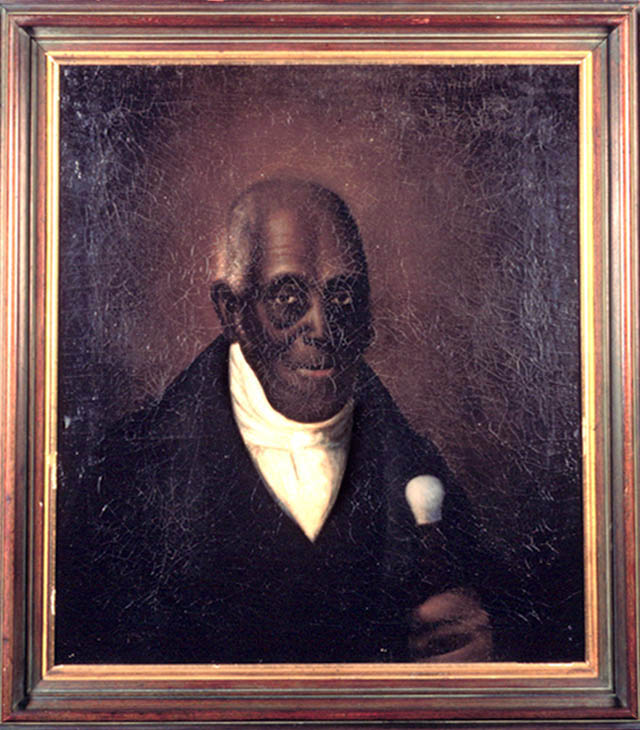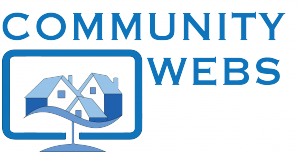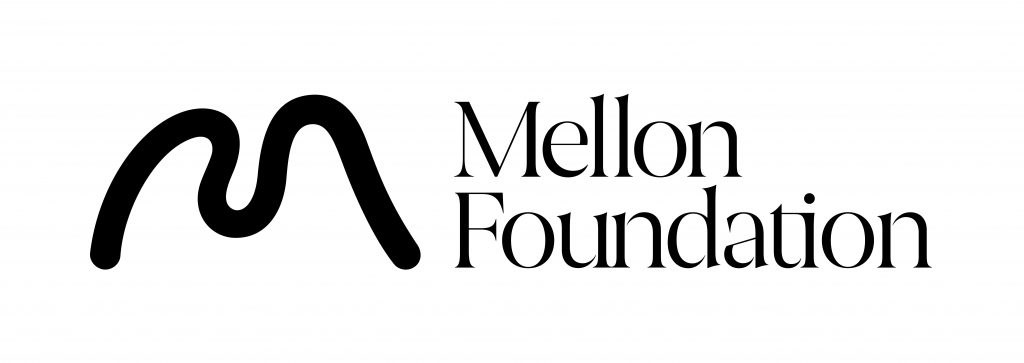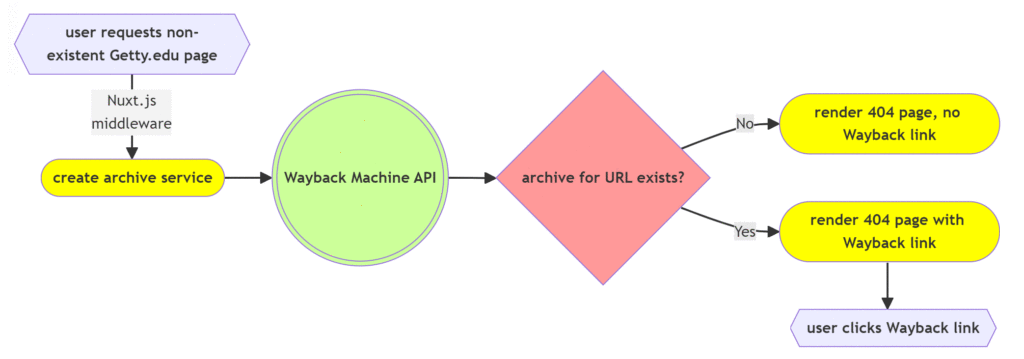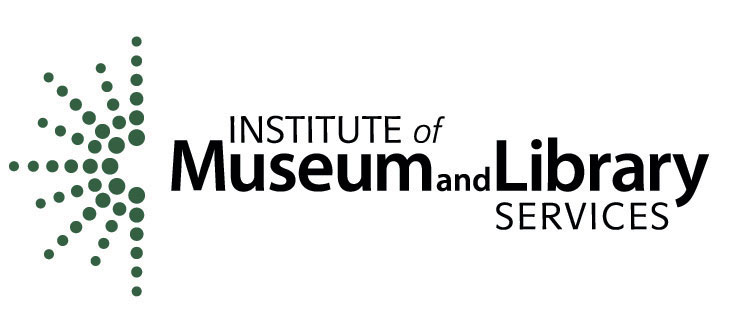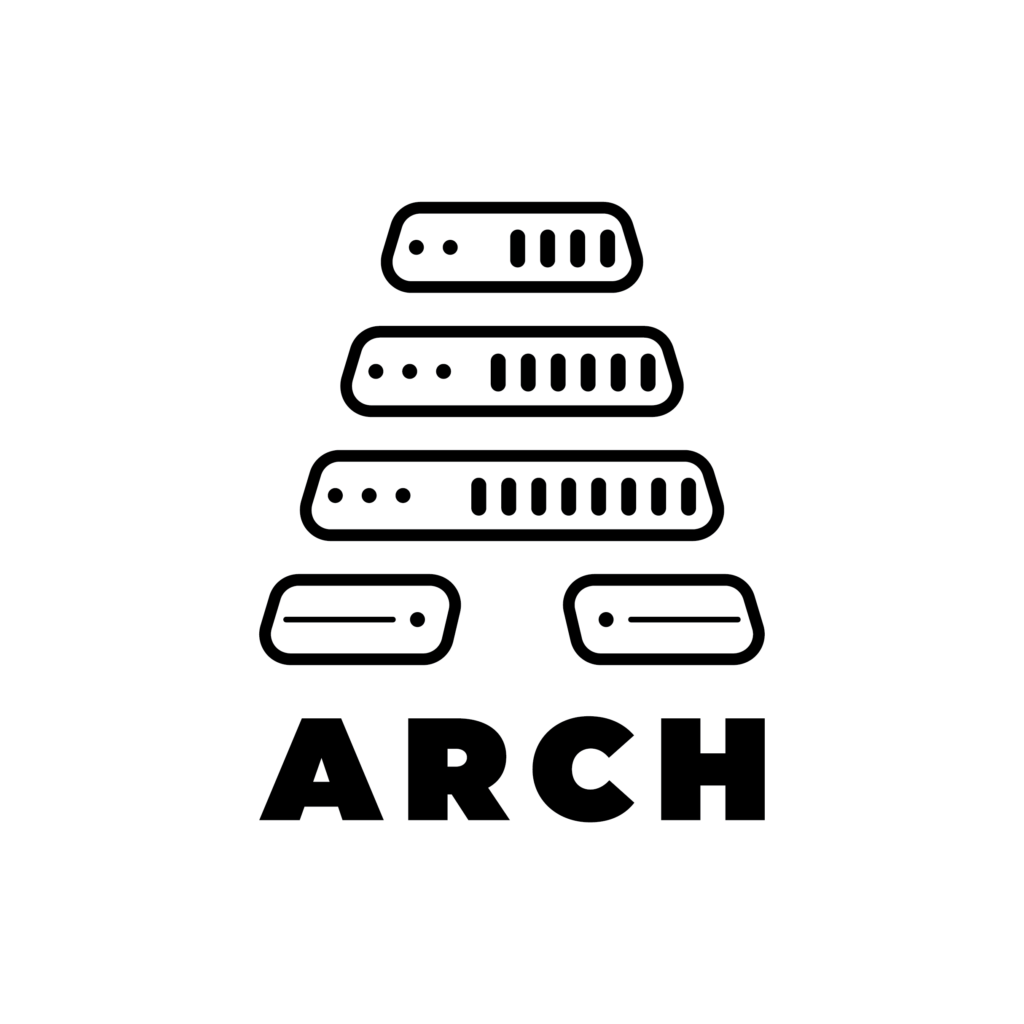The following guest post from Christina Moretta, Photo Curator and Acting San Francisco History Center Manager at San Francisco Public Library, is part of a series written by members of Internet Archive’s Community Webs program. Community Webs advances the capacity of community-focused memory organizations to build web and digital archives documenting local histories.
San Francisco History Center (SFHC) of the San Francisco Public Library (SFPL) is the official archive for the City and County of San Francisco. SFHC serves all library users and levels of interest, from the merely curious to those engaging in scholarly research. Because of the Center’s archival function, it also administers the archival collections of the James C. Hormel LGBTQIA Center.
Internet Archive has supported our work to preserve and provide access to San Francisco’s history in many ways. Since 2007, Internet Archive has hosted SFPL digitized content, including local documents and city directories. In 2017, SFPL became one of the first members of Internet Archive’s Community Webs program. This program has provided us with the tools we need to preserve local web-based content that will be important for future researchers investigating San Francisco’s history.
In 2023, the Community Webs program was awarded a grant from the National Historical Publication and Records Commission for the “Collaborative Access to Diverse Public Library Local History Collections” project. This grant supported the digitization of local history collections from libraries across the country, including SFPL. With this support, 23 bound volumes of a Chinese/English language newspaper East/West and 4 cartons of oral histories from the Paul Radin Papers were digitized by Internet Archive.

East/West
The East/West (Dong xi bao) newspaper was acquired the easy way – original subscription by the SFPL’s Periodical Department in the late 1960s. There are only a handful of institutions that have East/West in their holdings as microfilm only. SFHC has the complete run in paper format.
In late 1966, Gordon Lew and two Chinese newspaper colleagues, Kenneth Joe and Ken Wong, began the idea of East/West, a bilingual weekly newspaper published out of San Francisco’s Chinatown. The inaugural issue was in January 1967 and the newspaper ran for over twenty-two years with the last issue in September 1989. Lew became the publisher and editor, Joe worked in the Chinese section, and Wong was the principal writer in the English section. East/West was an important community newspaper, with extensive coverage of local Chinatown news, social activities, the work of Chinese American political figures, and international developments such as the normalization of China ties.
East/West was published in English and Chinese, and for many years, the two sections had approximately the same number of pages. The editorial and perhaps the main news article in the English section would be translated into Chinese. The Chinese section tended to focus more on culture, arts, and history, and it often reprinted articles from other sources. Advertisements filled both sections from the very beginning for local businesses and services. Most were community ads as the newspaper served non-profit organizations that arose in the wake of the Chinese American and Asian American empowerment movements of the 1960s and 1970s.

Researchers and scholars of 20th-century Chinese American communities in the United States will appreciate the online availability of this unique resource. Many important issues cropped up in Chinese America and Asian America starting in the late 1960s and these can be found in East/West from the community perspective. By being a bilingual publication, the newspaper captured and shared the voice of the community. In addition, San Francisco Chinese Americans had limited political power in the 1960s. East/West focused on emerging Chinese American political figures and urged the community to increase its voting and general political participation.
Browse East/West on archive.org
Paul Radin Papers
In 2003, the Paul Radin Papers were donated to the SFHC by Professor Luis S. Kemnitzer of San Francisco State University on behalf of Calvin Fast Wolf and Mary Sacharoff-Fast Wolf. Mary Wolf was a would-be biographer of Radin who had acquired original papers from her friend and Radin’s widow, Doris Woodward Radin, as well as colleagues.
Dr. Paul Radin (1883-1959) is considered to be one of the formative influences in contemporary anthropology and ethnography in the United States and Europe. The bulk of the Paul Radin Papers consists of surveys from Radin’s supervision of over 200 workers who interviewed ethnic groups in the San Francisco Bay Area for the State Emergency Relief Administration of California (SERA) over a period of nine months in 1934-1935. Known as SERA project 2-F2-98 (3-F2-145), its abstract was published in 1935 as The Survey of San Francisco’s Minorities: Its Purpose and Results. The stated purpose was a cultural survey to find employment for “white collar” unemployed workers on temporary relief. Radin’s focus was “to study the steps in the adjustment and assimilation of minority groups in San Francisco and Alameda counties.” Bypassing a typical questionnaire method, Radin instead had the amateur interviewers record anything and everything which the interviewees wished to say. The results appear in a narrative format—sometimes in the form of poetry and short stories—and encompass all manner of immigrant experiences. Survey materials include typed and handwritten interviews and research on ethnic groups. Some interviewers identify themselves, and their report appears in their own hand.

A portion of the Paul Radin Papers includes SERA worker Jon Y. Lee’s papers including material for The Golden Mountain. Lee was the son of Chinese immigrants who settled in Oakland, California. Radin hired Lee as a fieldworker to collect Chinatown traditions in Oakland, California. Today, Lee is recognized as the first Asian American to work professionally as a folklorist.
With this collection online, international scholars can now easily access narratives about the immigrant experience from their country/region to assist with their diaspora studies. The typed descriptions allow for OCR discovery and for one to gather more information on the San Francisco immigrant experience in the 1910s and 1920s.

Browse the Paul Radin Papers on archive.org
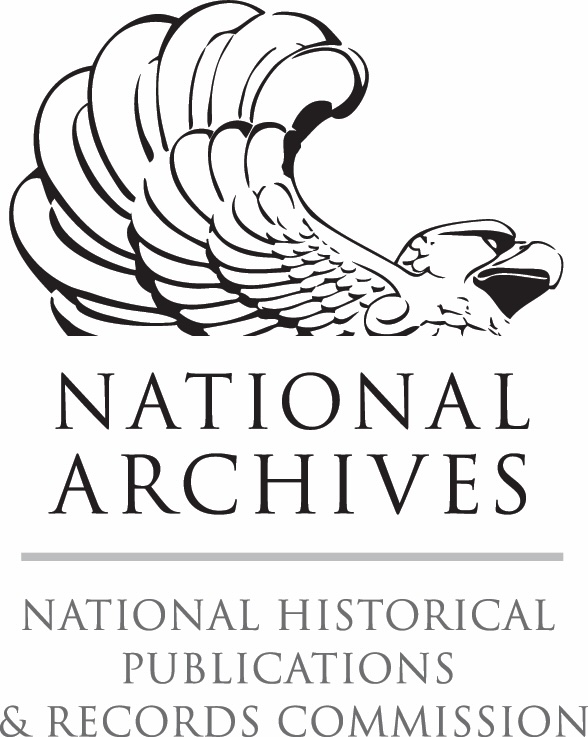
Internet Archive and Community Webs are thankful for the support from the National Historical Publications and Records Commission for Collaborative Access to Diverse Public Library Local History Collections, which will digitize and provide access to a diverse range of local history archives that represent the experiences of immigrant, indigenous, and African American communities throughout the United States.














